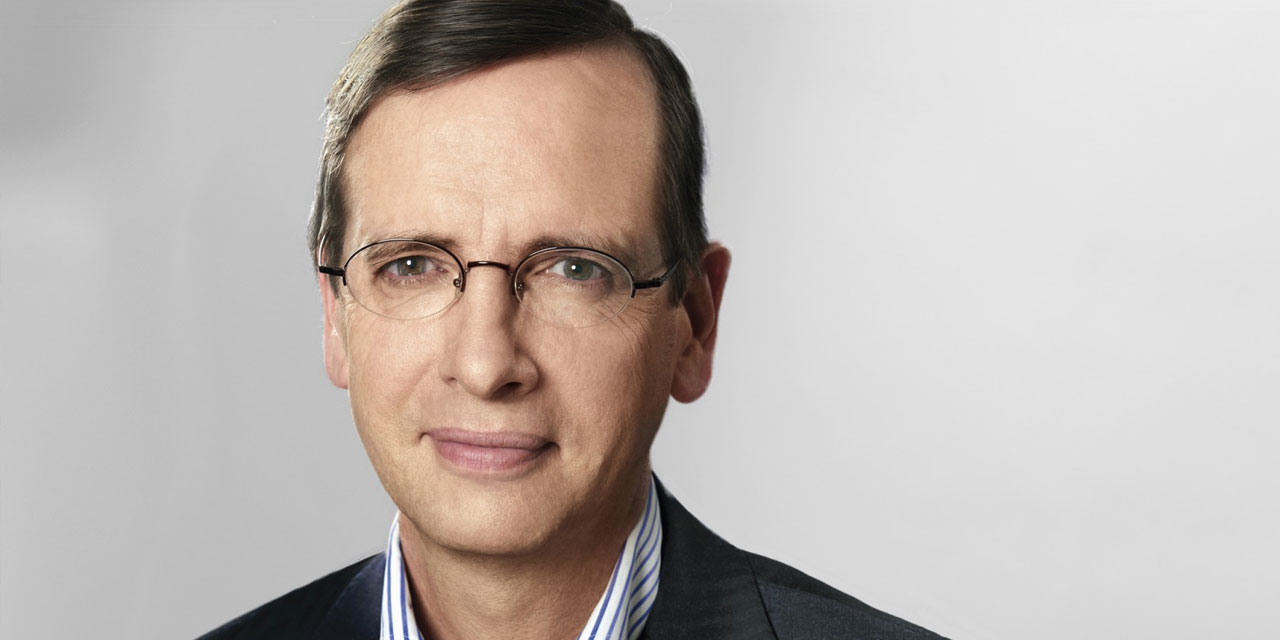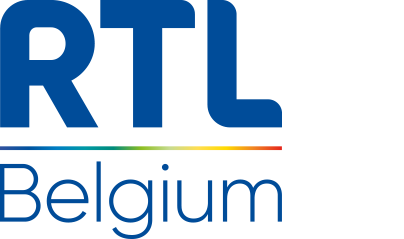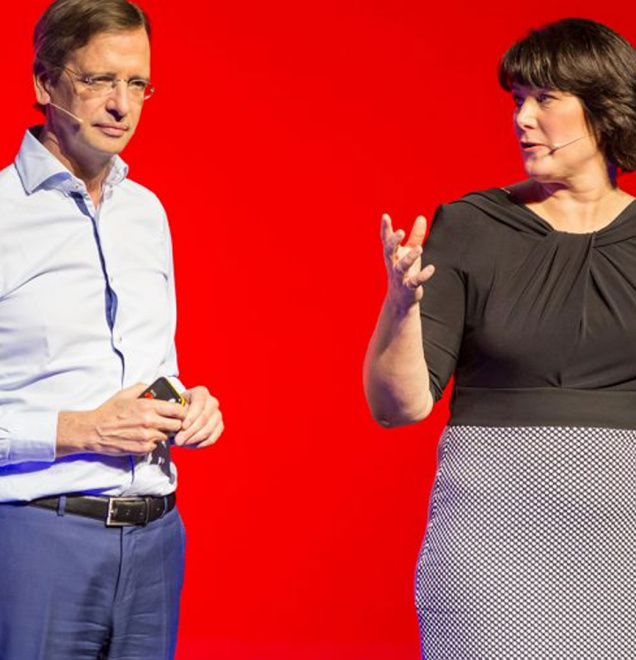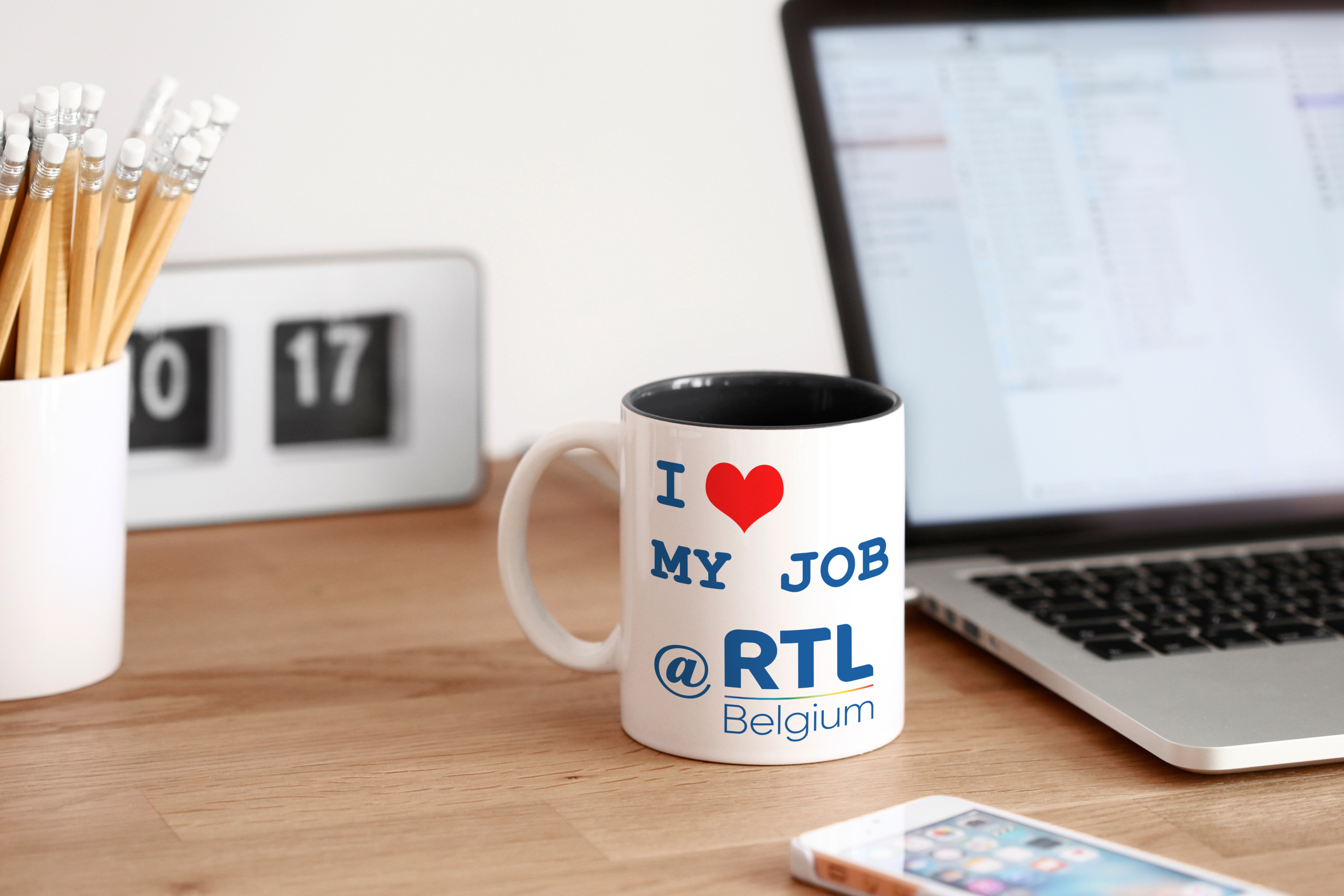Pourquoi TV est maintenant synonyme de « Total Video »

Le 4 avril 2016, Guillaume de Posch, Co-CEO de RTL Group, a prononcé un discours lors du Mip TV à Cannes. Il a expliqué pourquoi, aujourd’hui, la télévision représente davantage qu’un appareil trônant dans le salon, et a appelé les législateurs européens à relire attentivement la directive Services de médias audiovisuels (SMA).
Guillaume de Posch a commencé son discours en évoquant les changements rapides dans l’industrie des médias. Guillaume de Posch a expliqué : « Le média qu’est la télévision a été confondu avec le téléviseur, la boîte dans le coin du salon. Ce n’est plus le cas ». Grâce aux progrès technologiques et au nombre croissant d’appareils permettant de lire des vidéos, les utilisateurs n’ont jamais autant regardé de contenu vidéo, qu’il s’agisse de formats courts ou longs, de télévision linéaire ou non, sur un écran de télévision ou sur des appareils mobiles. D’après Guillaume de Posch, cela entraîne non seulement une augmentation du nombre de chaînes, linéaires et non linéaires, mais aussi une augmentation du volume de contenu, ce qui rend plus difficile de toucher une large audience et de créer des hits. « Dans les années à venir, nous aurons une nouvelle définition pour ce que nous appellerons un hit », a-t-il déclaré. « C’est toujours possible de créer des hits, mais ils seront d’une taille plus modeste en conséquence directe de la fragmentation du marché ».
Il a ensuite expliqué que RTL Group avait largement investi dans la vidéo en ligne ces dernières années, notamment dans BroadbandTV, StyleHaul ainsi que dans la plate-forme de publicité programmatique SpotX. Aujourd’hui, le numérique est maintenant la source de 8,4 pour cent du chiffre d’affaires total de RTL Group, ce qui en fait un troisième pilier solide de l’activité du groupe. « Est-ce que cela nous réjouit ? Oui », a déclaré Guillaume de Posch. “Est-ce que nous comptons nous arrêter là ? Certainement pas“.
Guillaume de Posch a précisé de quelle manière ces investissements dans le numérique s’intègrent parfaitement dans la stratégie de RTL Group qui s’appuie sur les piliers que sont la diffusion, la création de contenu et le numérique. “Nous constatons une forte interaction entre nos différents piliers stratégiques“, a-t-il déclaré. “Les programmes sont et resteront la clé, et c’est ce sur quoi nous nous concentrons : produire, agréger et monétiser le contenu sur toutes les plates-formes et tous les appareils. C’est pour cette raison que pour nous, TV est désormais synonyme de “Total Video””.
Il a ensuite expliqué qu’il était nécessaire pour la direction de RTL Group de définir dans quels domaines RTL Group doit agir à l’échelle locale et dans quels domaines il est pertinent d’agir à l’échelle internationale. Lors de la séance de questions/réponses avec Marcel Fenez, Senior Advisor pour PriceWaterhouseCoopers il a souligné : “Nous disposons d’équipes sur tous les territoires qui opèrent de façon flexible dans leurs domaines. Nos cadres ont l’habitude du changement. Nous devons toutefois trouver le bon équilibre entre local et international, un ratio qui est probablement de l’ordre du 70/30. Notre stratégie est clairement définie : nous savons où nous voulons aller mais parfois, le plus dur est de savoir comment y aller ».
Guillaume de Posch a conclu son discours en appelant les législateurs européens à s’assurer que le marché télévisuel reste fort et jouisse d’une flexibilité bien plus grande. Guillaume de Posch a déclaré : “Les acteurs mondiaux jouent contre nous. Ici, il n’est pas seulement question d’opposer M6 à TF1, ProSieben à RTL Télévision ou RTL Belgique à la RTBF. Il est question de l’arrivée de Facebook, YouTube et de bien d’autres sociétés qui débarquent de Californie et dont l’objectif est de se faire une place sur notre marché. Je suis convaincu qu’il est essentiel que la nouvelle directive européenne Services de médias audiovisuels soit bien rédigée ».
« Comme aux premiers jours de la télévision commerciale »
Le 4 avril 2016, le quotidien économique allemand Handelsblatt a publié un entretien avec Guillaume de Posch dans lequel il présente le marché du « total video », en vue de son discours à Cannes. Ainsi, il a expliqué : “L’adage selon lequel « rien ne vaut ce qui est gratuit » est toujours vrai aujourd’hui, à savoir ici la télévision gratuite“, mais les habitudes en matière de consommation de télévision évoluent, notamment chez les jeunes, ceux qu’on appelle la génération Y. “Anke Schäferkordt et moi sommes convaincus que la manière dont la génération Y consomme la télévision sera différente de la manière dont nous la regardons actuellement. Dans les groupes cibles des jeunes, nous avons constaté une tendance nette qui consiste à regarder des programmes courts, à la demande et sur des appareils mobiles. Cela explique d’ailleurs les investissements significatifs que nous avons effectué dans les réseaux multi-chaînes (MCN)“.
De plus, RTL Group étudie toutes les options sur le marché. A propos des contenus longue durée, Guillaume de Posch a poursuivi : “Nous évaluons la pertinence, pour nous, de lancer une plate-forme européenne de vidéo à la demande dans les deux ou trois prochaines années”.
Interrogé sur le modèle commercial des MCN et sur leur capacité à concurrencer les marges élevées générées par la télévision gratuite, Guillaume de Posch a déclaré : “Sûrement pas à court terme mais, auprès des prochaines générations, nous allons constater des changements entre la télévision linéaire et non linéaire. Peut-être que dans 30 ans, les gens regarderont autant de télévision non linéaire que de télévision linéaire. Une chose est certaine : la télévision linéaire ne va pas disparaître. Pour les téléspectateurs, la distinction entre les deux sera de moins en moins significative de toute manière“.
Contrairement à la forte présence locale des chaînes gratuites de RTL Group et de leurs services de télévision de rattrapage en Europe, les MCNs évoluent sur un marché international générant près de 50 pour cent de leur chiffre d’affaires aux États-Unis et les autres 50 pour cent dans le reste du monde. Guillaume de Posch s’est expliqué : “Les offres de niche sur des sujets tels que les jeux vidéo ou le hip-hop, peuvent être économiquement viables du fait de leur diffusion internationale, parce qu’au bout du compte, l’argent des annonceurs suit toujours le regard des téléspectateurs. C’est pour cette raison que nos MCNs nous rappellent un peu les premiers jours de la télévision commerciale dans les années 1980″.



